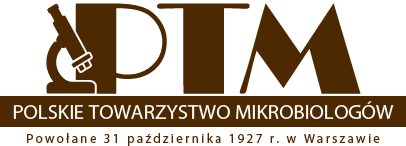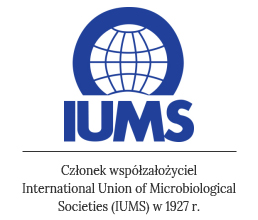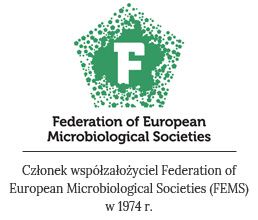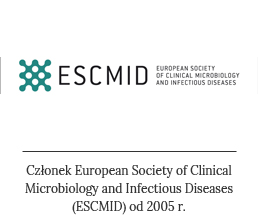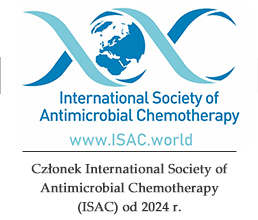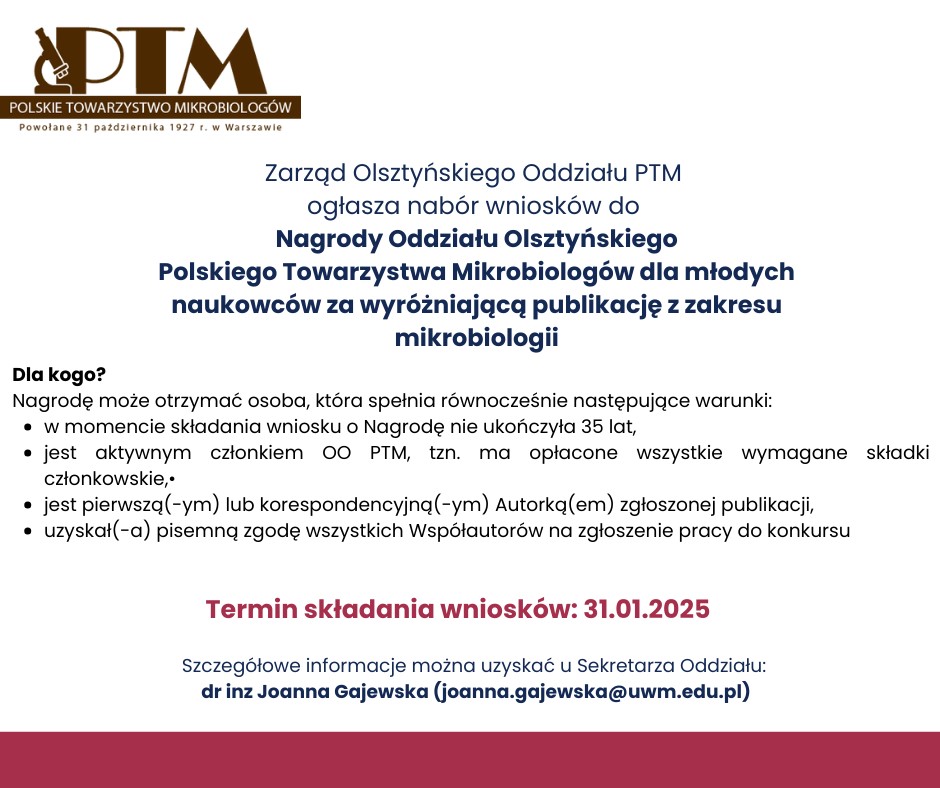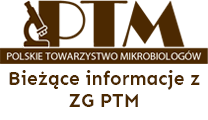
Polskie Towarzystwo Zakażeń Szpitalnych serdecznie zaprasza młodych naukowców do udziału w Ogólnopolskiej Konferencji „Akademia Kontroli Zakażeń”, która odbędzie się w dniach 25–27 września 2025 r. w Warszawie: https://akademiazakazen.pl/
To wyjątkowe wydarzenie zgromadzi najwybitniejszych ekspertów w dziedzinie profilaktyki, kontroli i leczenia zakażeń. Do udziału zapraszamy mikrobiologów, lekarzy, pielęgniarki, diagnostów, farmaceutów, ratowników medycznych, młodych naukowców oraz wszystkie osoby, które w swojej codziennej pracy stykają się z tematyką zakażeń.
Zapraszamy na stronę wydarzenia: https://akademiazakazen.pl/
Zgłoś swój abstrakt i wygraj wejściówkę na konferencję!
Młodych naukowców zapraszamy do zgłaszania streszczeń prac naukowych. Termin przesyłania zgłoszeń upływa 28 lutego 2025 r.
Streszczenia powinny zawierać:
- Tytuł
- Cel pracy
- Metodologię
- Wyniki
- Wnioski
Objętość streszczenia nie może przekroczyć 300 słów.
Aby wziąć udział w konkursie zgłoszenie musi:
- Dotyczyć tematyki z profilaktyki i kontroli zakażeń bądź nadzoru nad lekoopornością drobnoustrojową bądź nadzoru nad konsumpcją antybiotyków bądź Antibiotic stewardship
- O Nagrodę może ubiegać się członek Polskiego Towarzystwa Zakażeń Szpitalnych w wieku do ukończenia 35 roku życia
Wyniki selekcji zostaną ogłoszone 15 maja 2025 r. Autorzy zakwalifikowanych prac zostaną poinformowani o tym drogą mailową. Na laureatów czekają zwolnienie z opłaty konferencyjnej oraz udział we wszystkich wydarzeniach Akademii.
Poznaj więcej szczegółów i zgłoś swój udział: https://akademiazakazen.pl/zgloszenia-abstraktow/
Nie przegap okazji do zdobycia najnowszej wiedzy, nawiązania cennych kontaktów oraz wymiany doświadczeń z liderami w dziedzinie kontroli zakażeń.
Serdecznie zapraszamy!

